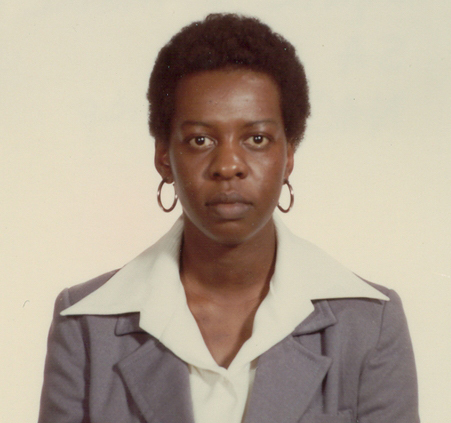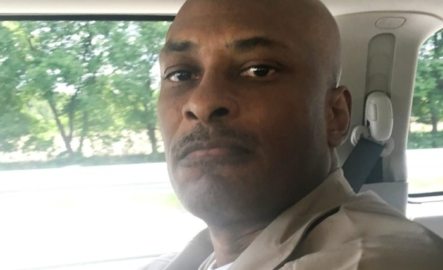At the time Sylvia Elizabeth Mathis set out to become the first black female FBI agent, African-American women were finally getting opportunities in many areas thanks to works by influential black female leaders like Rosa Parks, Fannie Lou Hamer, and Dorothy Height.
In the Federal Bureau of Investigation (FBI), women were gradually being integrated into the Bureau’s agent ranks. Statistically, only about 40 of the about 85,000 FBI agents were women.
Many recruits – both men and women – were also not able to complete the arduous training that came with joining the service.
The four-month training program entailed a variety of academic subjects and real-world practical exercises that candidates had to master, including being proficient in marksmanship.
Many candidates, including two female African Americans who had showed up at the FBI Academy years before Mathis, had not been able to complete the training.
But 26-year-old Mathis did not disappoint when she showed up at the Virginia campus that housed the FBI Academy on February 17, 1976 to begin the intense training program.

Born on July 7, 1949 and raised in North Carolina and Florida, Mathis showed dedication to service and family and chalked many successes while growing up.
She earned a bachelor’s degree in political science from New York University in 1972 and a Juris Doctor from the University of North Carolina School of Law in 1975.
Her law school dean, who was a former FBI agent, later urged her to consider joining the FBI.
Interested in the protection and enforcement of rights, Mathis knew that entering the FBI wasn’t out of place. In February 1976, she applied and was accepted.
After six weeks of her training program, the FBI noted that even though she had some “difficulty in the gym and on the range,” she was working hard and doing well academically too.
At the end of it all, she excelled, making history as the FBI’s first African-American female agent.
On June 2, 1976, FBI Director Clarence Kelley presented Mathis with her badge and credentials, #2658. She was issued a leather attaché case, an unadorned purse, and a Smith & Wesson revolver with a snub-nosed barrel.
Mathis, after her graduation, was sent to the New York Field Office and assigned to its organized crime squad. There, she helped investigate illegal gambling and extortion cases, said the FBI.
She also performed some undercover duties and interviewed survivors of the 1978 Jonestown massacre.
In 1979, she left the FBI and worked as an attorney in New York for a few years before moving to Jacksonville, Florida, in 1982 to be with her family.
A year after, in 1983, Mathis’ life was tragically cut short by a car accident at age 34.
At the time of her death, she was the director of the Jacksonville Downtown Ecumenical Service Council, providing assistance to homeless and unemployed residents of the city.
A volunteer who worked with her described her as “a very caring person” who has “given a lot of her time to those who need help.”
To the FBI, Mathis “helped pave the way for future African-American women leaders like Johnnie Gibson Bright, Cassandra Chandler, and My Harrison, who dedicated themselves to protecting the nation, even as they blazed a sometimes challenging trail in the FBI.”










